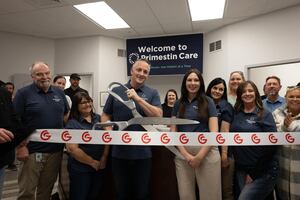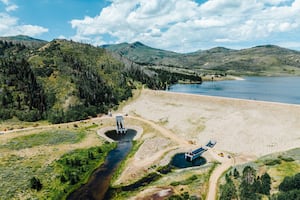Featured Stories
Women Tech Council’s SheTech program connects high school girls with mentors and hands-on experiences, encouraging career paths in STEM.
Substance trumps social strategy for leaders making a genuine impact.
Four business lessons from Ben Hodson, founder and CEO of JobNimbus.
Comcast RISE to provide 500 small businesses across five regions with comprehensive grant packages.
SPONSORED
How Jake Wolf, a 29-year-old car enthusiast, transformed his Miami dream into Utah’s premier destination for luxury lifestyle seekers.
Founder Stories
How two friends turned military surplus sunglasses into the irreverent, humor-driven Pit Viper empire.
How two friends turned military surplus sunglasses into the irreverent, humor-driven Pit Viper empire.
How Jake Wolf, a 29-year-old car enthusiast, transformed his Miami dream into Utah’s premier destination for luxury lifestyle seekers.
And helped software engineers become “heroes” within their organizations by solving otherwise insurmountable security challenges.
Evolving from its origin as a modest hot dog stand, J. Dawgs has expanded to 10 locations across Utah. Founder Jayson Edwards reveals the ingredients for his entrepreneurial success.
After accumulating $1 million in medical bills, Nathan Udy founded Planstin Administration to help make healthcare more affordable.
Enhance your business’s community impact by partnering with Habitat for Humanity Greater Salt Lake Area.
When companies invest in their people, they create a stronger workforce, better business performance, and a more vibrant and resilient community.
Giv. is an agency and software that hands caregiving control back to parents.
And helped software engineers become “heroes” within their organizations by solving otherwise insurmountable security challenges.
Duchesne County thrives on community-owned cooperatives, fostering a unique blend of local empowerment and economic diversity.





















